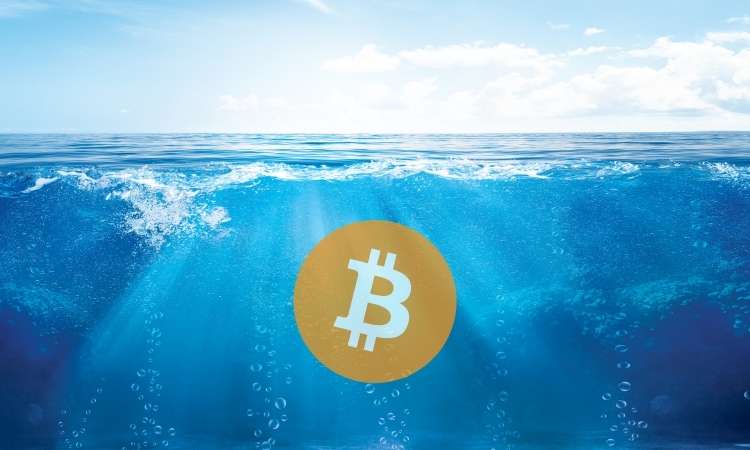Bitcoiners are blasting the British Broadcasting Corporation (BBC) following the outlet’s recent article discussing the blockchain network’s energy consumption.
The public broadcaster cited a study claiming that every Bitcoin transaction consumes “a back yard swimming pool” worth of water, though critics say that the claim is based on “junk science.”
Does Bitcoin Use Too Much Water?
As published on Wednesday, the BBC’s article claimed that Bitcoin’s water consumption relates to the sources of electricity that secure its blockchain through “proof of work” mining – Bitcoin’s internal mechanism that relies on energy to ensure that nobody can spend the same transaction twice.
That includes water consumed at any venues connected to the mining process – such as gas and coal plants, hydroelectric damns, or water used to cool Bitcoin mining machines themselves.
According to the reference study published in Cell Reports Sustainability, this amounted to 1,600 gigalitres of water in 2021 and could surpass 2,200 gigalitres in 2022.
Yet there’s a few glaring issues: firstly, the study was written by Alex de Vries – an employee of the Dutch Central Bank who has a history of wildly inaccurate predictions about Bitcoin’s energy consumption and climate impact.
As noted by CH4 Capital co-founder Daniel Batten, de Vries estimated in 2017 that Bitcoin mining would devour 50% of the world’s energy by the year 2020 – a prediction that missed by 2509x.
“Had the BBC done their homework, they would have uncovered de Vries’ history as Central Bank lobbyist against Bitcoin,” wrote Batten. The co-founder’s fund invests in companies that use purified landfill gas to mine BTC, which would otherwise be flared off and pollute the climate through methane emissions.
The author’s figure is also based on a flawed metric: Bitcoin does not consume energy on a per-transaction basis, but is instead based on the miners using the network to earn BTC.
Though some miner revenue is based on network transaction fees, the vast majority still comes from a fixed block reward that exists independently of transaction volume.
Other outlets have already cited de Vries and exaggerated his claim even further, stating that a single Bitcoin “trade” uses a swimming pool of water. As of today, most Bitcoin trades take place on centralized exchanges rather than directly on the blockchain, meaning they’re completely removed from the mining process.
I thought bitcoin was bad with 16k liters of water per on chain transaction, but it gets way worse. It turns out even a single bitcoin *trade* uses up an entire swimming pool of water!
There are 10M swimming pools in the USA. By my calculation, we should be out of water by… pic.twitter.com/Vj5CU8x5uL
— Yan | swan.com (@skwp) November 30, 2023
Familiar FUD for Bitcoiners
Recent estimates from Bloomberg have found that Bitcoin mining boasts a >50% green energy mix worldwide – more than virtually any other industry on the planet. Survey data from the Bitcoin Mining Council would support this figure, with recent estimates as high as 59.9%.
Nevertheless, Bitcoiners are accustomed to bad press about the network’s electricity use. In 2021, Elon Musk famously stopped accepting BTC for car payments at Tesla due to environmental concerns.
A year later Ripple co-founder Chris Larsen funded a $5 million public campaign to end Bitcoin mining in collaboration with GreenpeaceUSA and the Environmental Working Group.
So far, the online Bitcoin community has laughed at lobbyist efforts to change Bitcoin’s code – and they’ve done the same with the BBC’s latest piece.
“We almost had decentralized digital cash but it evaporated all of the world’s fresh water resources first,” wrote Dylan LeClair, Bitcoin analyst for UTXO Management, on Wednesday. “Thankfully the BBC is sounding the alarm on this.”
Binance Free $100 (Exclusive): Use this link to register and receive $100 free and 10% off fees on Binance Futures first month (terms).
